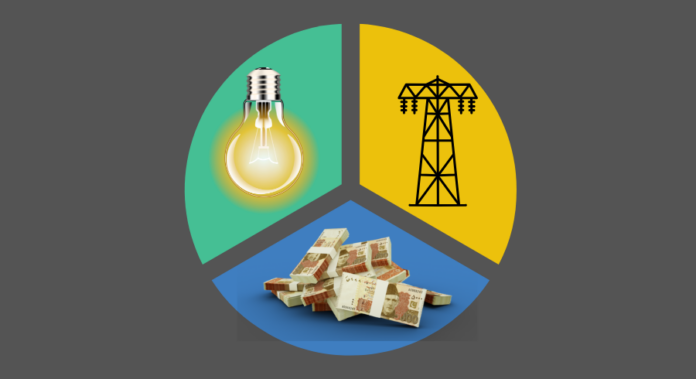The National Assembly’s Public Accounts Committee (PAC) has directed the Auditor General to conduct a special audit of Independent Power Producers (IPPs) amid concerns over rising capacity payments and policy gaps in Pakistan’s power sector. The move aims to examine the economic burden of electricity costs on citizens, Business Recorder reported.
Chaired by MNA Junaid Akbar, the PAC reviewed nearly 10 years of data on private power generation. Installed capacity has grown from 9,765 MW in 2015 to 26,642 MW in 2024, doubling electricity generation, yet lawmakers questioned the value delivered by these investments.
Capacity payments to IPPs rose from Rs141.5 billion in 2015 to Rs1.434 trillion in 2024. These payments are made regardless of electricity supplied and are seen as a key factor in rising electricity costs.
Lawmakers criticised the Power Division and its agencies for incomplete data on energy generation, usage, and cost-effectiveness. The Sahiwal coal plant was singled out for using expensive imported coal, raising questions about financial and environmental impacts.
The PAC also highlighted Rs45 billion allegedly misappropriated from fuel payments to capital expenditures, referring the matter to the Federal Investigation Agency (FIA) for investigation and recovery.
Despite surplus generation capacity, load-shedding continues. Officials said limited surplus electricity is temporarily supplied to industries during winter with IMF approval, with a longer-term plan under review.
Committee members noted policy inconsistencies, including the use of imported LNG while domestic gas plants remain idle but still receive capacity payments. Lawmakers described this as a governance failure, particularly affecting households below the poverty line.
The criteria for “protected consumers” was also questioned, with officials noting an increase from 11 million in 2018–19 to 18.7 million in 2025, costing Rs389.9 billion annually. A shift to a targeted subsidy system using BISP data is planned by 2027.




